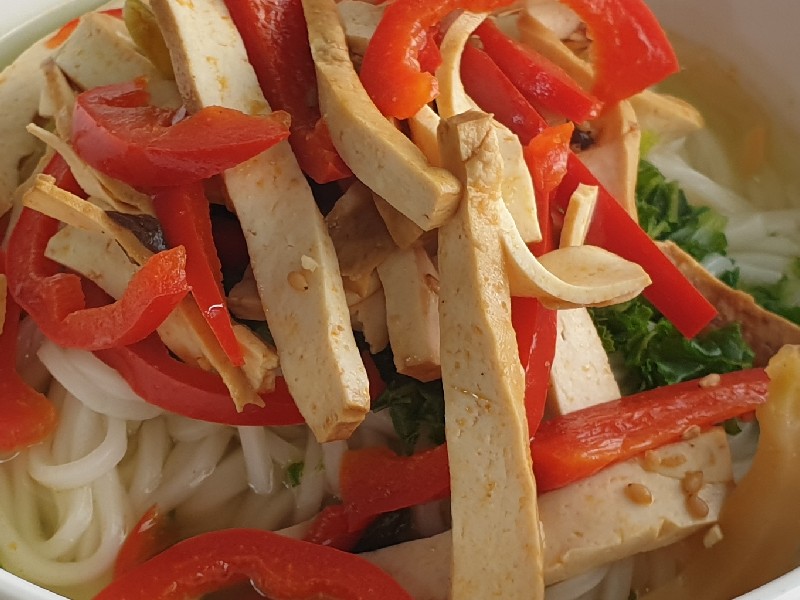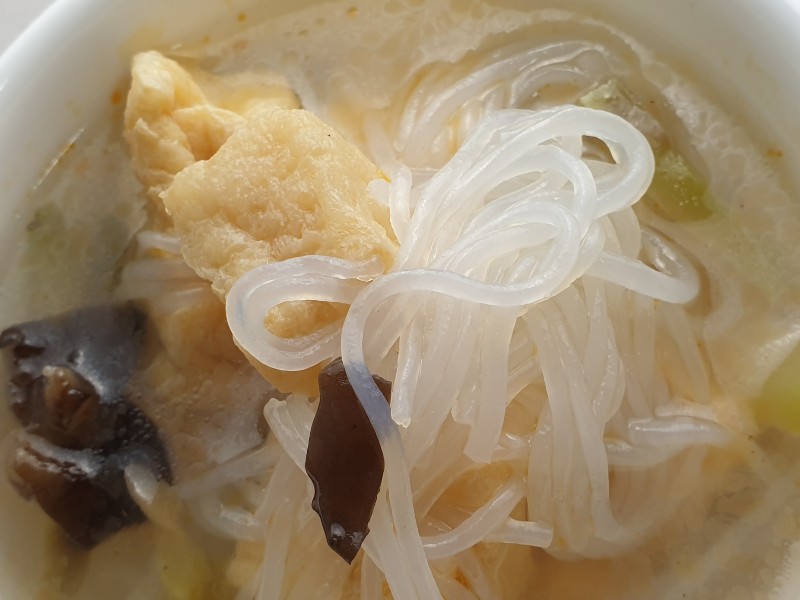
Mustard Stem (Zha Cai)
Benefits and Recipes
Mustard Stem (Zha Cai)
Mustard Stem, is also known as Zha Cai, Tsa Tsai, Stem Mustard, Mustard pickled mustard plant stem, fermented mustard green. Majority of Zha Cai are pickled, fermented from stems of mustard green.
Nutritional Benefits of Zha Cai:
According to article from Dr. Li Shilian, deputy chief physician of the Department of Nutrition and Dietetics, Beijing Children’s Hospital Affiliated to Capital Medical University, and is published on “You Lai Doctor”, Zha Cai,
To listen to this article, click below button:1. Zha Cai can stimulate appetite. Zha Cai has a special sour and salty taste. It is crispy, tender and refreshing. It can be taken with meals, stir-fries and soups. Zha Cai can promote digestion and increase appetite. Zha Cai is fresh, crispy and tender. Add some Zha Cai when making soup, its taste is very delicious. Zha Cai also has a special fresh smell, which can increase appetite and help digestion. Other digestive healthy food.
Other digestive healthy food.
2. Zha Cai can promote digestion. Zha Cai contains glucosinolates. After hydrolysis, it can produce volatile mustard oil. The oil has the functions to promote gastrointestinal digestion and absorption.  Other digestive healthy food.
Other digestive healthy food.
3. Zha Cai can soothe your mood and relieve discomforts from motion sickness, sea sickness and alcohol. People who are motion-sick and sea-sick can put a piece of Zha Cai in their mouths to chew. It will alleviate irritations. When you are uncomfortable from drinking or excessive alcohol, eating some Zha Cai can ease the dizziness, chest tightness and irritation from drunkenness. Other natural foods that could be a help to alcoholism.
Other natural foods that could be a help to alcoholism.
 Editor’s view (Click to read more)
Editor’s view (Click to read more) Consumption of new food (Click to read more)
Consumption of new food (Click to read more)
 Do you know? Heterocyclic amine is a chemical that is formed when meat, poultry, or fish is cooked at high temperatures, such as frying, boiling, and barbecuing. “Heterocyclic amines” are carcinogens (substances that may cause cancer). It is also called HCA. Source: National Cancer Institute (of United States)
Do you know? Heterocyclic amine is a chemical that is formed when meat, poultry, or fish is cooked at high temperatures, such as frying, boiling, and barbecuing. “Heterocyclic amines” are carcinogens (substances that may cause cancer). It is also called HCA. Source: National Cancer Institute (of United States)


